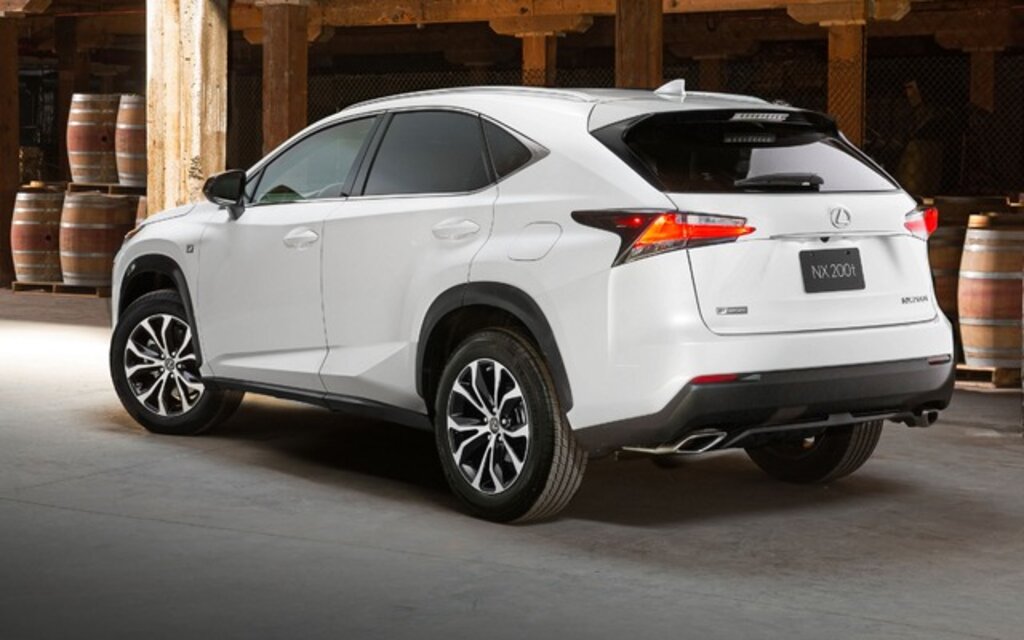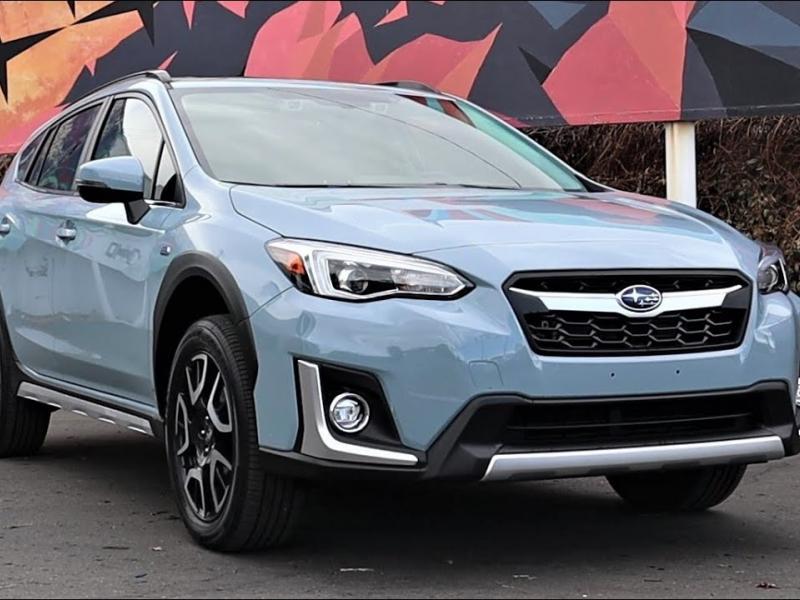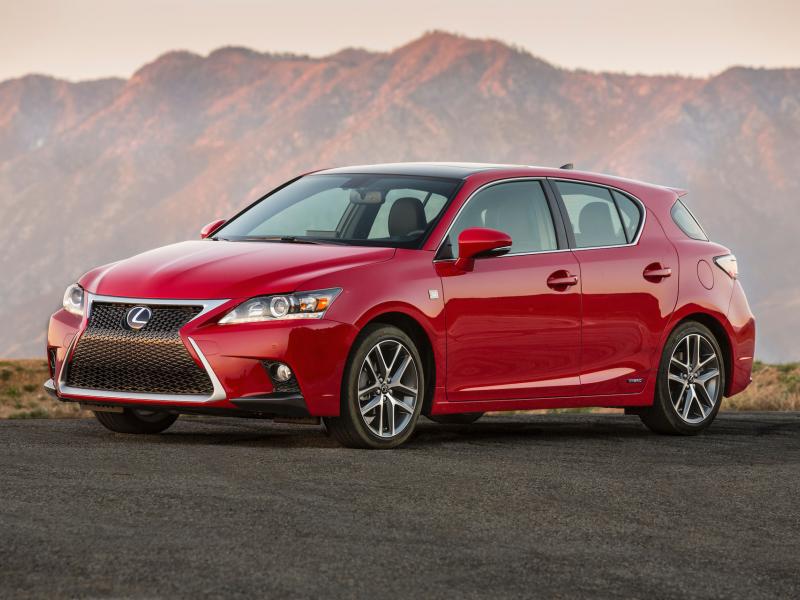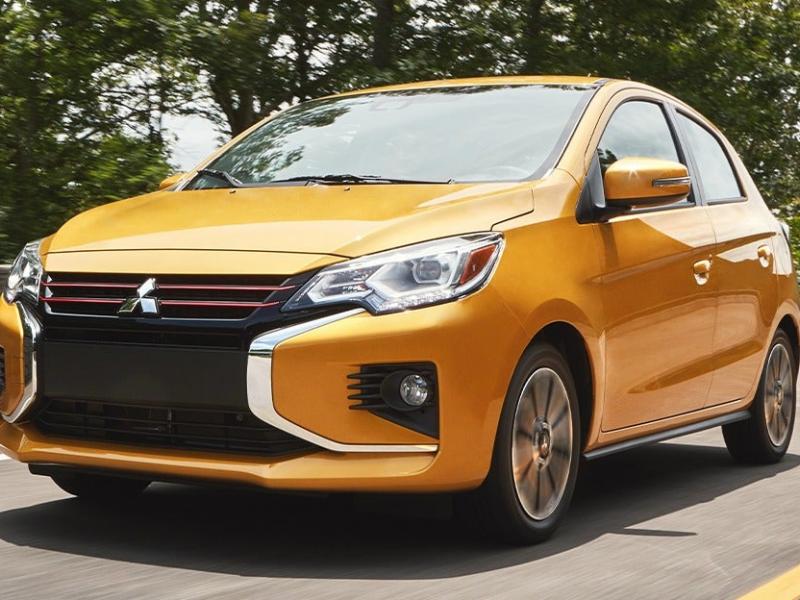Does Uber Really Prevent Drunk Driving?
Uber and other similar ride-sharing programs are a great-ish way to make money with your car while being able to work on a flexible schedule. Uber has also claimed its service helps to reduce the number of drunk drivers on the road by providing an affordable alternative to taxis for people enjoying a night on the town. Is there any truth to this, or is Uber just blowing car exhaust?
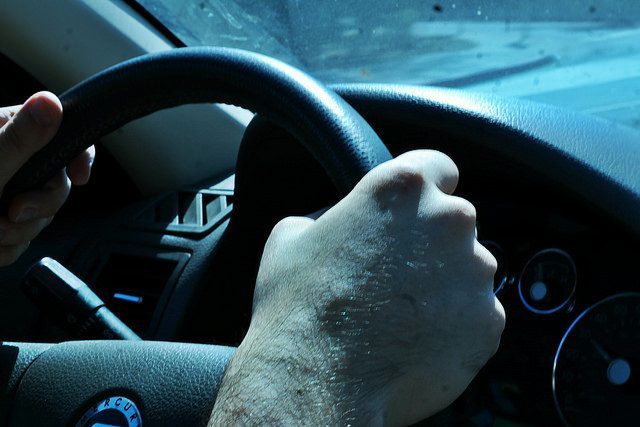
look at this generic picture
Drunk Driving Statistics
According to Mothers Against Drunk Driving, an estimated 300,000 people drive drunk every day (yes that says EVERY DAY) but only about 1 percent of them are caught. This is still a pretty dramatic amount though, leading to about 3,200 arrests every single day.
Uber claims it can help reduce the number of drunk drivers on the road by providing transportation alternatives that are quicker and cheaper than the traditional taxi. Unfortunately, a recent study has found this claim to the false.
Uber’s Failed Claim
A study recently completed by the American Journal of Epidemiology has found that in spite of the claims, Uber has made no measurable impact on the number of drunk driving fatalities in any city where it operates.
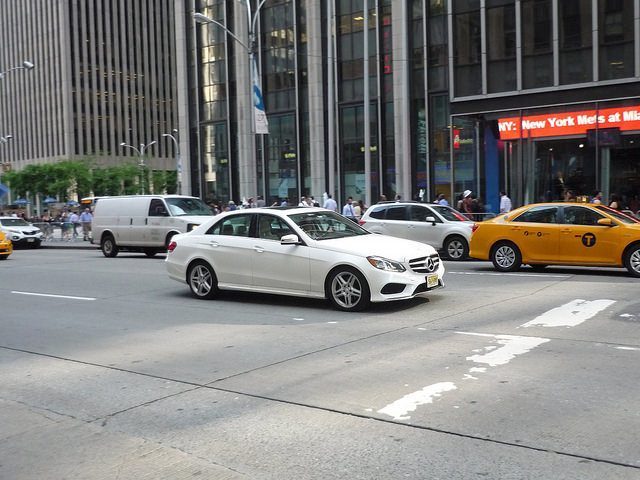
After reviewing drunk driving and fatality statistics during a five-year period – from 2009 to 2014 – in 100 cities, it was found that even though the use of Uber and other ride sharing apps has risen dramatically, it hadn’t dramatically changed the number of drunk driving fatalities.
This hasn’t stopped Uber from continuing to insist its service can decease drunk driving fatalities, citing another study that shows a 3.6 to 5.6 percent decrease in deaths related to drunk driving in California.
Why do people drink and drive anyway? It turns out that most of them are alcoholics instead of one time offenders. Consistently imbibing alcohol or using other drugs causes the body to change on a biological level. This changes the way the brain reacts to pleasure, so it associates the use of alcohol as something good and releases dopamine and other pleasure hormones. So while many people start the night with good intentions, their habits get the best of them and they end up drinking too much and driving home anyway.
Moving Forward
If Uber by itself isn’t enough to curb drunk driving accidents and fatalities, what changes can be made to discourage people from driving drunk and encourage them to call for a ride if they’ve had a few too many drinks?
- Work With Towing Companies – Some people drive drunk because they drove themselves to the bar and don’t want to get their car towed if they take a cab. St. Petersburg, Florida, put an end to that recently by instating new towing rules: Cars can’t be towed from establishments that serve alcohol between 9 p.m. and noon the next day.
- Incentives – Uber has the power to offer incentives to people who are out drinking to encourage them to use the service rather than driving themselves. Discounts, coupons, free rides or other things might entice people to call Uber rather than driving drunk.
- Harsher Penalties – Many states have recently begun passing harsher penalties for drunk drivers, especially those who have more than one DUI on their record. There isn’t enough information yet on whether these penalties are actually affecting the number of drunk-driving related fatalities.
Just because there’s no evidence Uber has been reducing drunk driving shouldn’t discourage you from calling Uber after a night on the town. All it means is that we still have a long way to go when it comes to reducing drunk driving deaths, and Uber may end up being part of the solution. It just might take a bit longer to get there.

